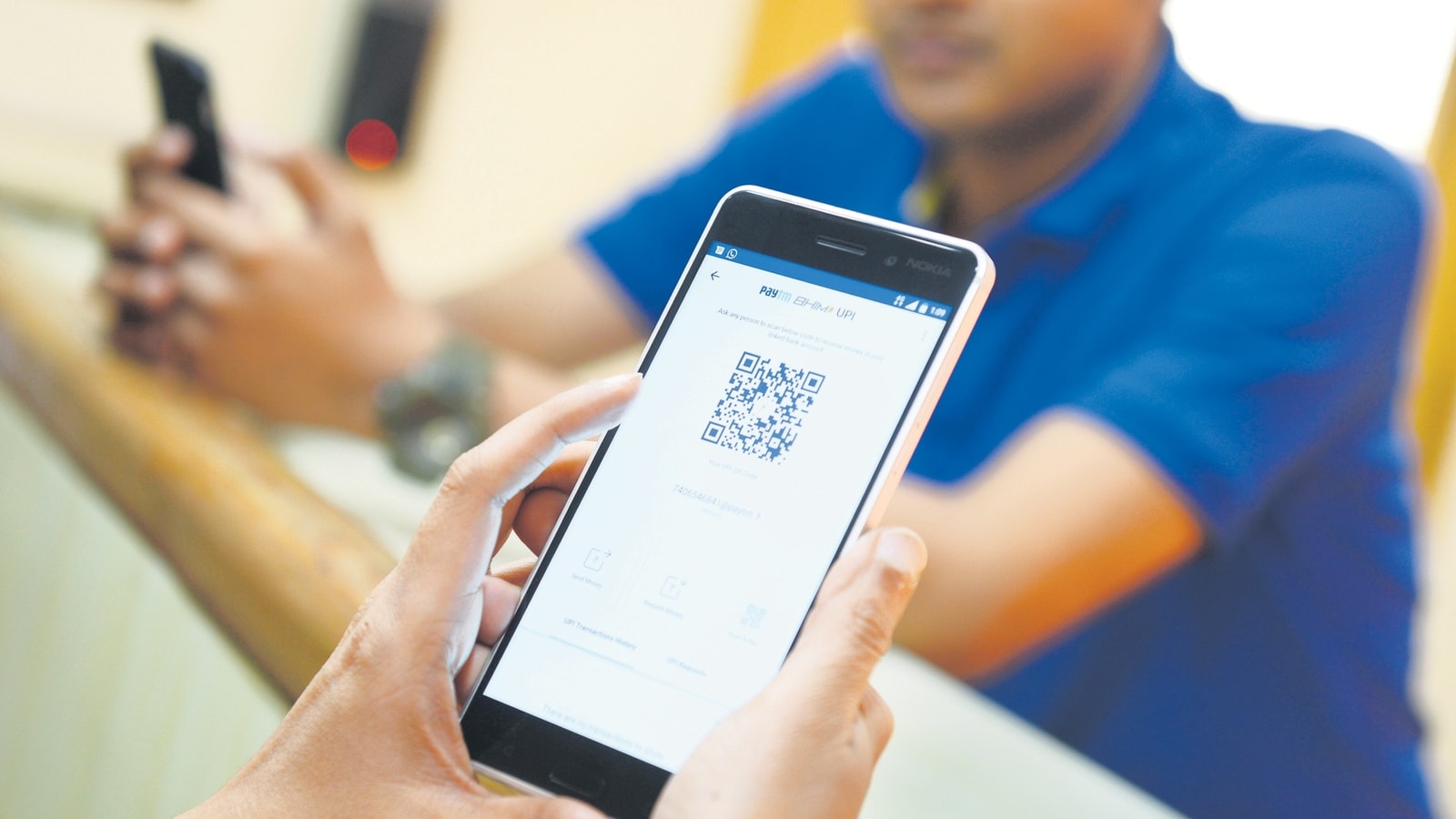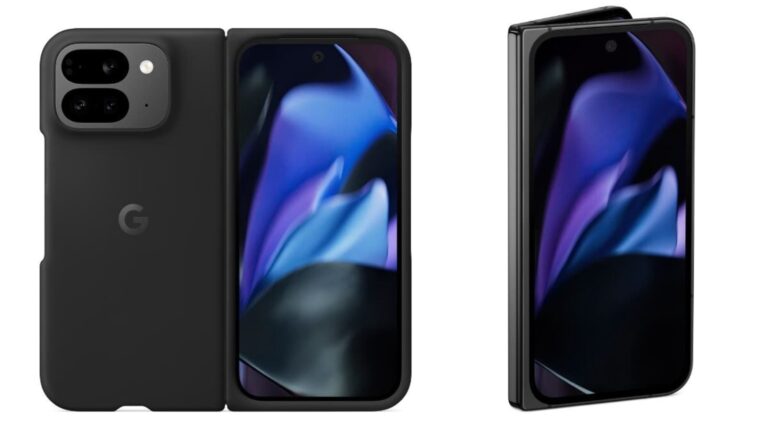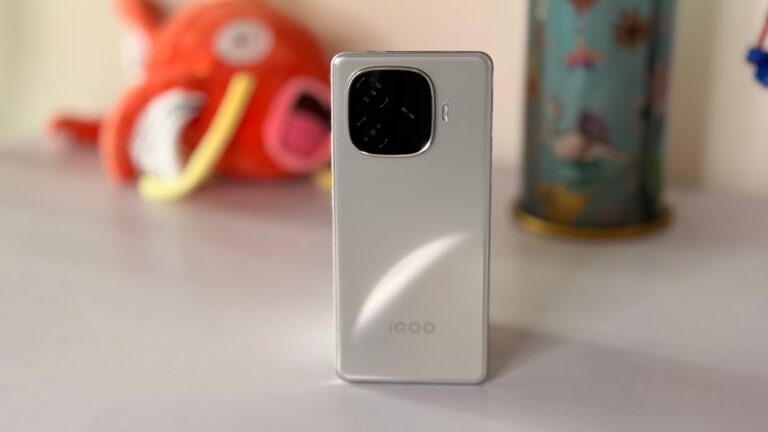ICICI Bank has introduced a new fee structure for payment aggregators (PAs) processing Unified Payments Interface (UPI) transactions on merchant platforms. The change, effective from August 1, will impact platforms such as Google Pay, PhonePe, Mobikwik, and Razorpay.

New Fee Structure for Payment Aggregators
Payment aggregators act as intermediaries between banks and merchants, handling the collection and settlement of payments. According to reports, ICICI Bank has informed PAs that those maintaining an escrow account with the bank will pay 2 basis points per transaction, capped at Rs. 6. For those without an escrow account at the bank, the fee will be 4 basis points, capped at Rs. 10 per transaction.
Also read: No humans needed! Watch this robot replace its own battery and get back to work in seconds
No charges will apply if UPI payments are directly settled into a merchant’s ICICI Bank account, allowing the bank to benefit from holding these funds temporarily. Industry executives believe the move aligns with recent regulatory discussions on monetising UPI infrastructure.
Private sector peers such as Yes Bank and Axis Bank already charge PAs for UPI payments. These three banks together handle a major share of UPI transactions for both payers and payees.
Experts say the rapid growth of UPI, particularly in peer-to-merchant transactions, has increased infrastructure costs for banks. Since UPI transactions do not attract a merchant discount rate (MDR), banks earn little revenue from facilitating them. By introducing fees for PAs offers a way to offset operational expenses.
Impact on Merchants and Customers
Currently, banks also pay a fee to use the UPI switch. PAs recover costs from merchants through platform fees, convenience fees, and other charges, while customers remain exempt from direct UPI charges. Industry sources suggest PAs may pass these new costs to merchants or absorb them, depending on agreements in place.
Also read: Samsung Galaxy S25 review: Flagship features in a handful package
When customers pay via UPI on merchant platforms, the PA routes the transaction between the customer’s bank and the merchant’s bank. Often, the funds are first deposited into an escrow account managed by the PA before being transferred to the merchant. This setup ensures settlement security but may now attract additional costs due to ICICI Bank’s new policy.





















